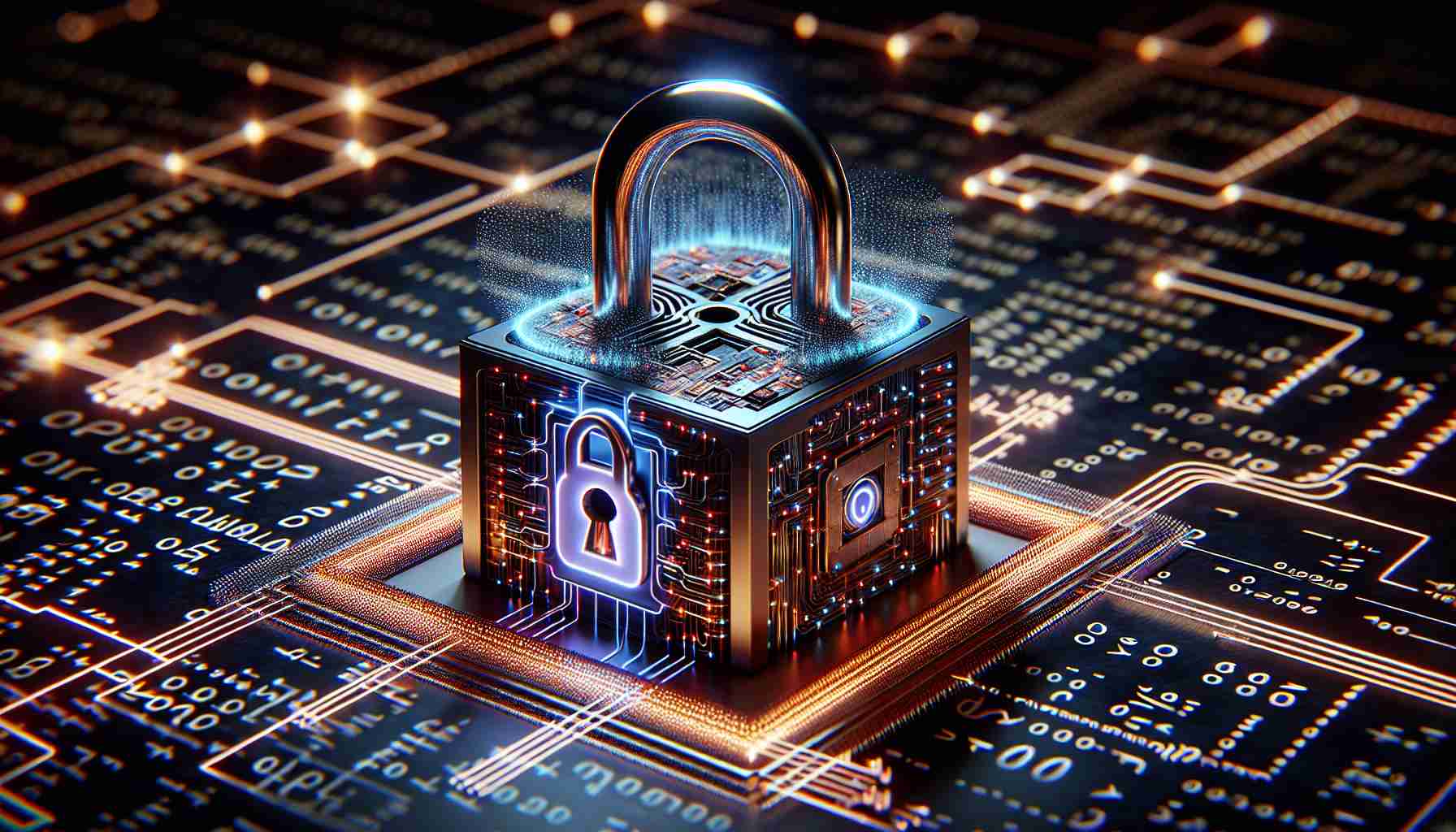Unraveling the Mysteries of Error Correction in Quantum Computing
The world of quantum computing is a realm filled with both possibilities and challenges. Within this realm, the delicate dance between maintaining quantum properties and combating errors has captured the attention of researchers worldwide. Unlike classical computers, quantum systems face the daunting task of preserving superpositions and entanglement while mitigating the detrimental effects of noise and environmental interactions.
One avenue of exploration in this field is the realm of approximate quantum error correction (AQEC) codes. These codes offer a unique perspective on error correction by allowing for mild approximations in returning quantum systems to their intended state. The efficiency gained from these approximate strategies presents a compelling trade-off in the quest for reliable quantum computation.
Recent research has delved into the subtle nuances of AQEC codes, shedding light on their performance characteristics and unique properties. By introducing the concept of subsystem variance, researchers have unveiled a critical parameter that ties the effectiveness of AQEC codes to quantum circuit complexity. This groundbreaking insight not only refines our understanding of error correction in quantum systems but also offers a fresh perspective on the broader implications of quantum information theory.
Moreover, the implications of AQEC theory extend beyond the realm of quantum computing, reaching into the realms of condensed matter physics and even quantum gravity. By uncovering the universal threshold that distinguishes trivial from non-trivial AQEC codes, researchers have illuminated unexpected connections between error correction strategies and fundamental laws of nature. This newfound understanding paves the way for innovative applications in diverse fields, from probing symmetries in quantum gravity to exploring exotic phases of matter.
As we venture deeper into the realm of quantum error correction, new horizons of possibility emerge, offering tantalizing glimpses into the intricate interplay between quantum mechanics, information theory, and the fundamental fabric of the universe.
Unlocking the Secrets of Quantum Error Correction: Exploring Beyond the Horizon
The journey into the realm of quantum error correction continues to unveil astounding revelations that push the boundaries of our understanding. While the previous article touched upon the concept of approximate quantum error correction (AQEC) codes, there are other fascinating facets to explore in this intricate landscape.
Key Questions:
1. What role does quantum entanglement play in enhancing error correction capabilities?
2. How do quantum error correction strategies impact the scalability of quantum computing systems?
3. Are there alternative approaches to error correction that could revolutionize quantum computing?
Answers and Revelations:
– Quantum entanglement serves as a powerful resource in error correction schemes, enabling the encoding of quantum information across multiple qubits to enhance robustness against errors.
– Error correction methods directly influence the scalability of quantum computers, with efficient techniques enabling the realization of larger, more complex quantum systems.
– Emerging frameworks such as topological quantum error correction offer promising avenues for achieving fault-tolerant quantum computation by leveraging exotic properties of quantum states.
Key Challenges and Controversies:
– Balancing the trade-off between error correction overhead and computational resources remains a critical challenge in the quest for reliable quantum computation.
– The integration of quantum error correction with real-world quantum hardware poses practical challenges due to the inherent imperfections and limitations of current experimental platforms.
– The debate surrounding the optimal encoding and decoding strategies for quantum error correction codes continues to spark controversies within the research community.
Advantages and Disadvantages:
– Advantages: Robust error correction enables the realization of fault-tolerant quantum computation, paving the way for revolutionary advancements in cryptography, optimization, and simulation.
– Disadvantages: Implementing intricate error correction schemes introduces additional computational overhead and complexity, potentially hindering the performance and efficiency of quantum algorithms.
In conclusion, the enigmatic realm of quantum error correction stands as a testament to the intricate interplay between theoretical insights and practical challenges in the field of quantum computing. As researchers continue to unravel the secrets of error correction, the promise of unlocking unprecedented computational power and understanding the fabric of reality beckons us towards a future where quantum mysteries are transformed into tangible breakthroughs.
To delve deeper into the evolving landscape of quantum error correction and its far-reaching implications, visit quantumcomputing.com for a comprehensive exploration of cutting-edge research and developments in quantum information science.

















